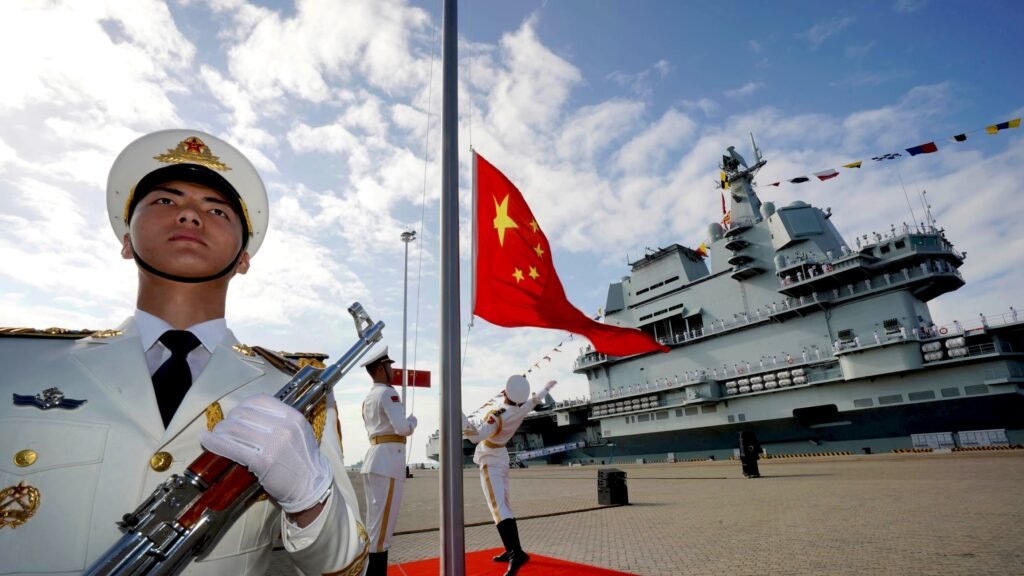China Is Preparing Against America, Telling Its Intentions By Virtually Blowing Up The World’s Largest Aircraft Carrier
China is preparing against America, telling its intentions by virtually blowing up the world’s largest aircraft carrier.
In the midst of some ongoing disputes between China and America, China seems to be tightening its gear.
China has prepared a program showing what could be China’s response if this dispute reaches war in the future.
In fact, military planners in China have prepared a program in which they have virtually destroyed the USS Gerald R. Ford, the world’s largest aircraft carrier.
According to a report in the South China Morning Post (SCMP), the program was run on war game software used by the Chinese military.
China is preparing against America: Virtually attacked American ships.
The results were published publicly in May by the Chinese-language Journal of Test and Management Technology.
China envisioned a scenario where US ships were attacked after reaching an island in the disputed South China Sea claimed by China, despite numerous warnings.
The American ship is completely broken.
The US aircraft carrier fleet was sunk after 20 intense battles under the program using 24 supersonic anti-ship missiles, SCMP reported.
Some of the rockets were fired almost from the Gobi Desert, the researchers said, and almost all of the American ships were broken up and completely sunk.
Announcement of results for the first time.
For the first time, the results of a simulated supersonic attack on an American carrier group have been published. The group implementing the program is led by Cao Hongsong of North China University.
Expressing doubts about rocket performance.
However, the researchers cast doubt on the real performance of these missiles and questioned the purpose of publishing these documents.
Drew Thompson, a former senior US defense official, said: “Anyone who openly discusses the outcome of a hypothetical game or war has a political agenda, especially if they present the results.”
Blake Herzinger, an Indo-Pacific expert and defense research fellow at the Center for American Studies, said such claims are completely inaccurate.




